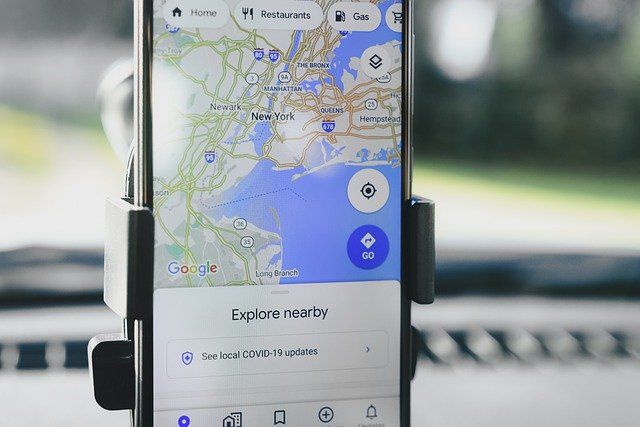The use of GPS technology has always raised issues under the privacy law. Employers are only allowed to collect specific kind of data about their employees and this information should only be used for legitimate business purposes.
Understanding the reasons for GPS use
According to the federal Privacy Commissioner, GPS use is acceptable when it used for managing the productivity of the workforce and allows for improvement of customer service. For instance, dispatching and routing of employees for a specific job site or notifying drivers about changes in schedule requires GPS monitoring. It is also beneficial in providing estimated arrival times of packages to customers, and allows an organisation to improve the quality of service. In these scenarios, consent for GPS use is implied.
When it cannot be used
GPS should not be used as a tool to manage employees. Your employees must have a clear idea and should know the purpose for the GPS use. Your organization should have a policy in place which outlines rules for warnings and progressive monitoring. This should not include the tracking of the routes or locations of an employee’s daily routine. Tracking employees for making sure that they don’t take a break is not considered acceptable.
Understanding what’s acceptable
An an employer, you can use GPS without permission if your intent is to investigate an accident or if some items were found missing from a vehicle, and you suspect that the intent was stealing. It is important to understand that there is a very fine line between what is considered acceptable and what’s unacceptable. There should be a GPS policy in place that can be widely communicated. This policy should include disciplinary action in cases where the company policies were breached. This will give the employer leverage if the company can prove that the GPS used the least intrusive manner of data collection techniques.
Employees should challenge GPS surveillance if they feel it’s a violation of the collective agreement they signed with the employer. Employees working at federally-regulated workplaces along with employees in Alberta, British Columbia and Quebec may file complaints related to privacy. Other Canadian provinces, such as Ontario, lack a strong privacy legislation and do not have a privacy commission in place. Realistically, individual employees suing against GPS use is not practical.
GPS use by employers is a controversial issue that needs to be taken seriously. The issue requires privacy policies in place to regulate GPS usage. If you want to get a better understanding of the privacy laws in Canada, consult Prowse Chowne.

